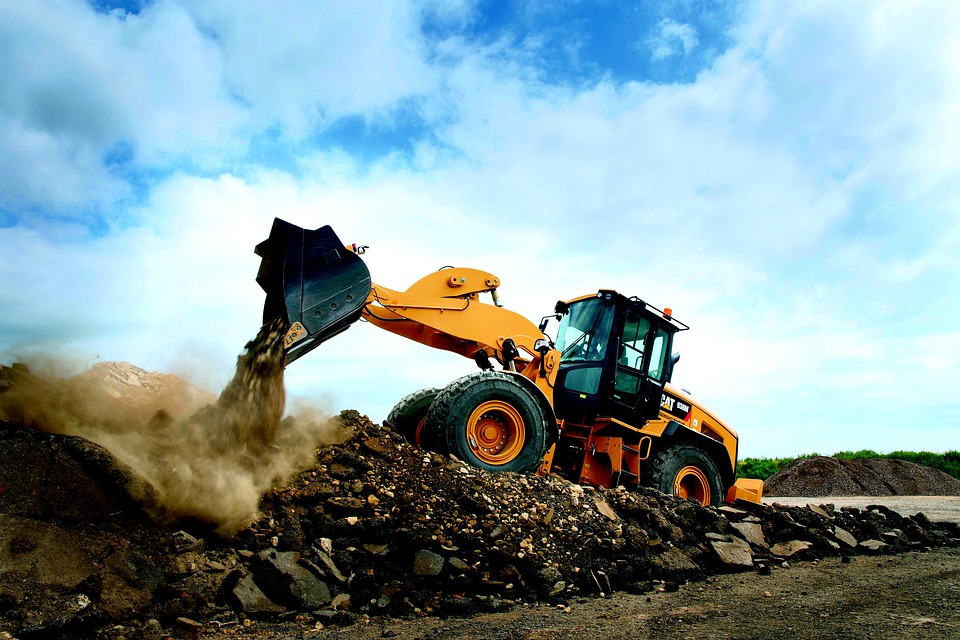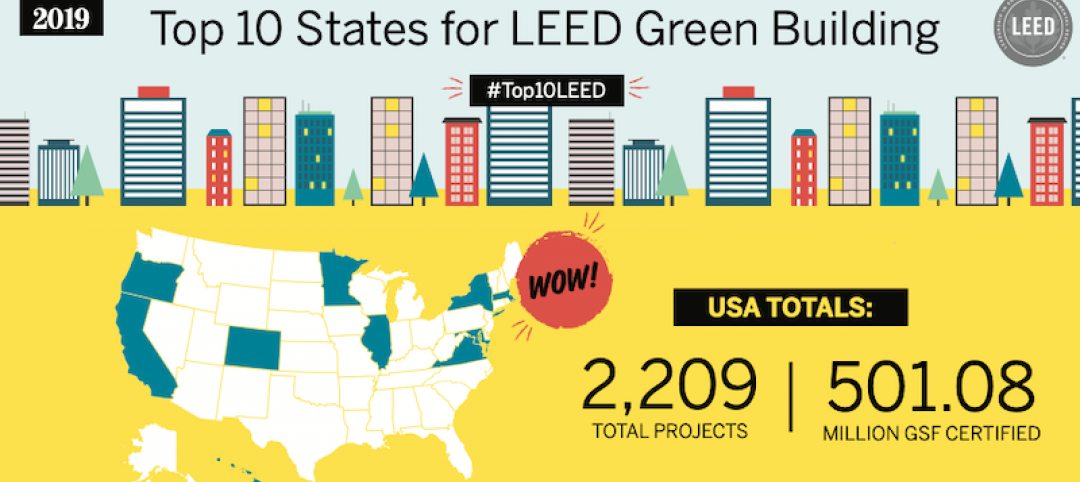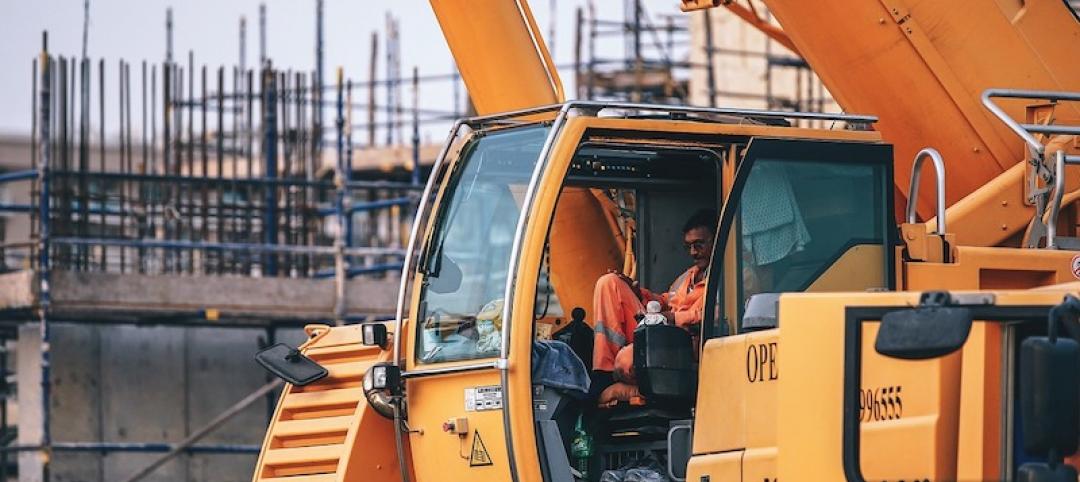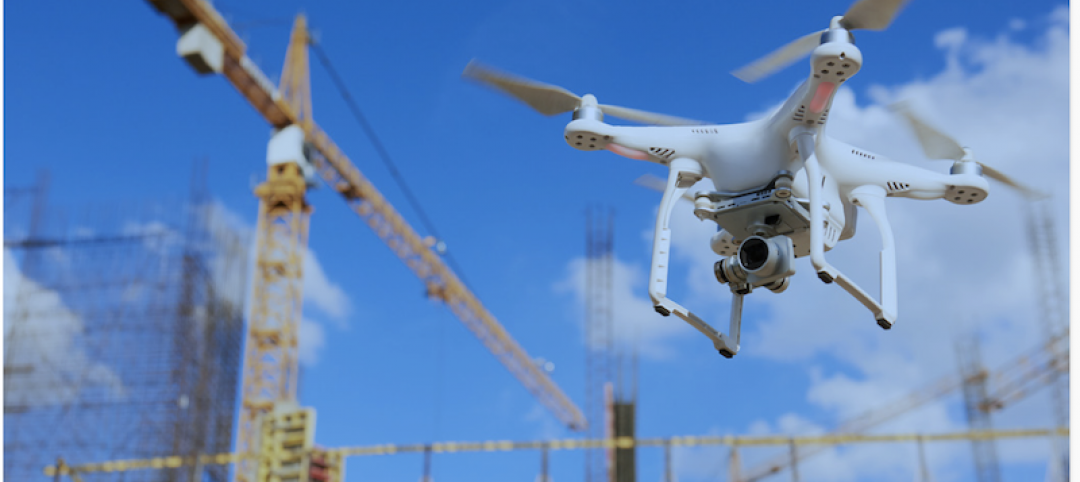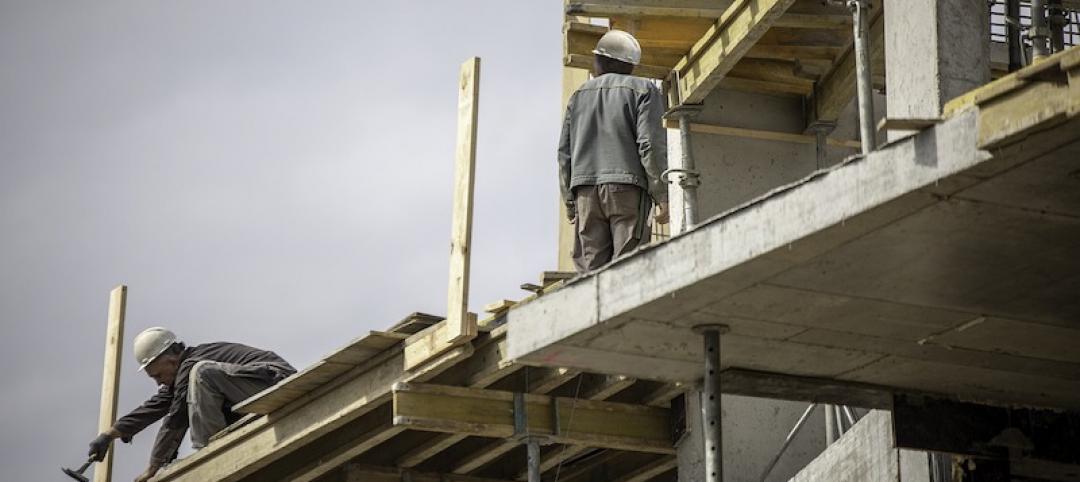Construction employment increased in 248 out of 358 metro areas between January 2017 and January 2018, declined in 68 and stagnated in 42, according to a new analysis of federal employment data released today by the Associated General Contractors of America. Association officials said that future construction job gains could be undermined, however, as new tariffs force contractors to pay more for steel and aluminum products and dampen demand for new construction.
"The new tariffs are already leading to increases in what many contractors are paying for steel and aluminum products," said Ken Simonson, the association's chief economist. "Most contractors will be unable to pass along these increased costs, leaving less money to invest, ironically, in steel construction equipment as well as personnel."
Riverside-San Bernardino-Ontario, Calif. added the most construction jobs during the past year (10,600 jobs, 12%), followed by Phoenix-Mesa-Scottsdale, Ariz. (9,900 jobs, 9%); Houston-The Woodlands-Sugar Land, Texas (9,200 jobs, 4%); Los Angeles-Long Beach-Glendale, Calif. (9,000 jobs, 7%) and Sacramento--Roseville--Arden-
The largest job losses from January 2017 to January 2018 were in Baton Rouge, La. (-6,600 jobs, -13%), followed by St. Louis, Mo.-Ill. (-3,300 jobs, -5%); Montgomery County-Bucks County-Chester County, Pa. (-2,600 jobs, -5%); Columbia, S.C. (-2,500 jobs, -12%) and Camden, N.J. (-1,700 jobs, -8%). The largest percentage decreases for the year were in Auburn-Opelika, Ala. (-32%, -1,200 jobs) followed by Monroe, Mich. (-16%, -300 jobs); Baton Rouge and Columbia, S.C.
Association officials said that a better way to support the domestic steel and aluminum industrie s is to increase funding for needed infrastructure improvements. They cautioned that the tariffs announcement by the President last week would not only increase the cost of many construction projects, but it could prompt retaliatory measures from other countries that hurt U.S. manufacturers and shippers, impacting demand for new factories and transportation facilities.
"Boosting demand for their products is a much better way to strengthen the domestic steel and aluminum industries," said Stephen E. Sandherr, the association's chief executive officer. "And the best way to boost demand is to finally begin making the investments needed to improve the nation's aging and over-burdened infrastructure."
View the metro employment data by rank and state. View metro employment map.
Related Stories
Market Data | Jan 24, 2020
U.S. Green Building Council releases the top 10 states for LEED
Colorado leads the nation, showing how LEED green buildings support climate action and a better quality of life.
Market Data | Jan 23, 2020
Construction contractor confidence surges into 2020, says ABC
Confidence among U.S. construction industry leaders increased in November 2019 with respect to sales, profit margins, and staffing, according to the Associated Builders and Contractors Construction Confidence Index.
Market Data | Jan 22, 2020
Architecture Billings Index ends year on positive note
AIA’s Architecture Billings Index (ABI) score of 52.5 for December reflects an increase in design services provided by U.S. architecture firms.
AEC Tech | Jan 16, 2020
EC firms with a clear ‘digital roadmap’ should excel in 2020
Deloitte, in new report, lays out a risk mitigation strategy that relies on tech.
Market Data | Jan 13, 2020
Construction employment increases by 20,000 in December and 151,000 in 2019
Survey finds optimism about 2020 along with even tighter labor supply as construction unemployment sets record December low.
Market Data | Jan 10, 2020
North America’s office market should enjoy continued expansion in 2020
Brokers and analysts at two major CRE firms observe that tenants are taking longer to make lease decisions.
Market Data | Dec 17, 2019
Architecture Billings Index continues to show modest growth
AIA’s Architecture Billings Index (ABI) score of 51.9 for November reflects an increase in design services provided by U.S. architecture firms.
Market Data | Dec 12, 2019
2019 sets new record for supertall building completion
Overall, the number of completed buildings of at least 200 meters in 2019 declined by 13.7%.
Market Data | Dec 4, 2019
Nonresidential construction spending falls in October
Private nonresidential spending fell 1.2% on a monthly basis and is down 4.3% from October 2018.
Market Data | Nov 25, 2019
Office construction lifts U.S. asking rental rate, but slowing absorption in Q3 raises concerns
12-month net absorption decelerates by one-third from 2018 total.


